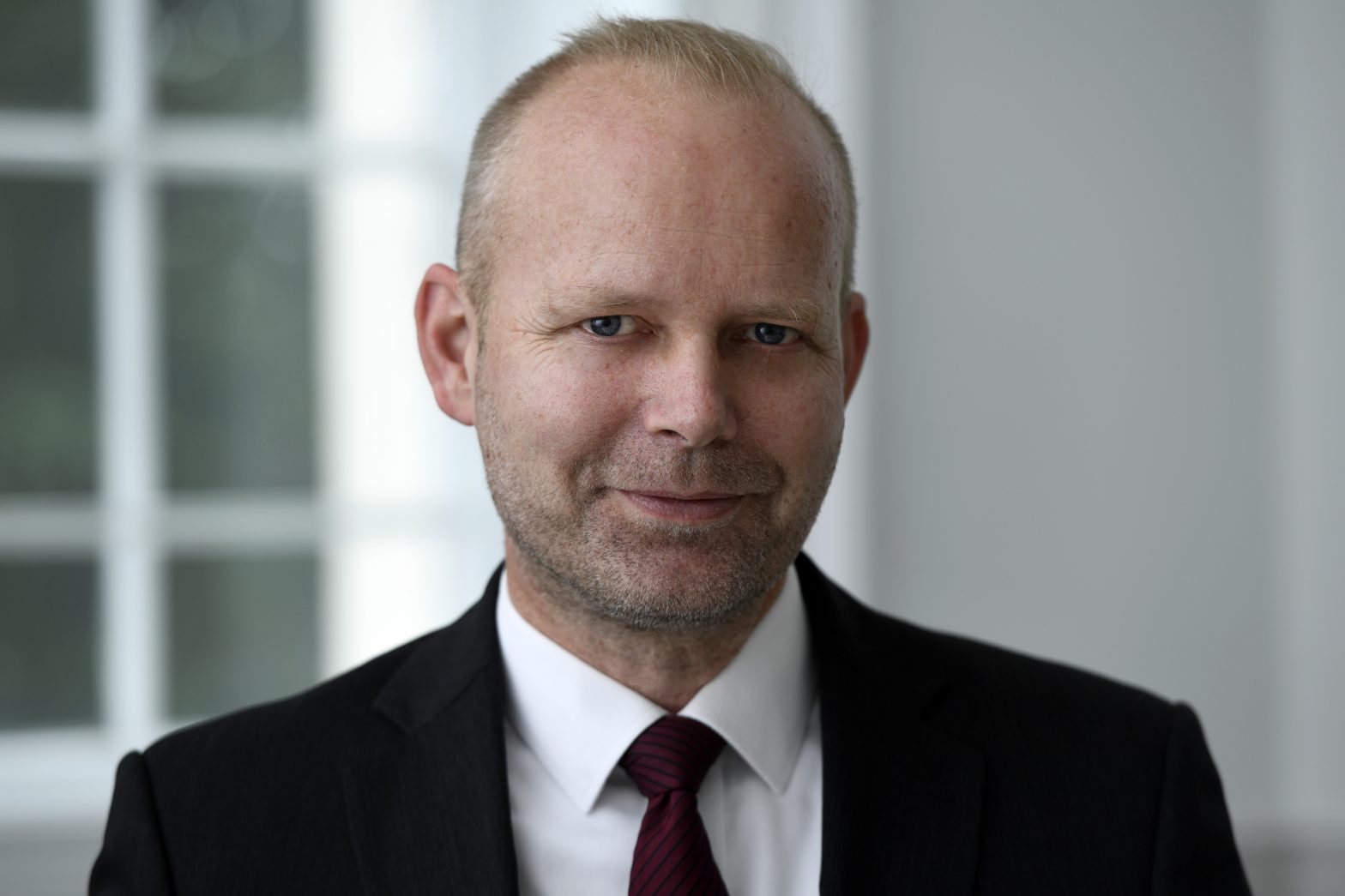Keir is cruising towards Christmas

2019 aside, December tends to be a relatively quiet month in politics, with politicians and their staff – like much of the business community – easing off in the run up to the Christmas recess and enjoying some festive ‘team building’. Who will be going into Christmas most demob happy?
After the chaotic year the Conservatives have had, Sir Keir Starmer is leading a resurgent Labour party, continuing to track towards the centre ground. On its narrative around business, it is now pitching itself as being “not just a pro-business party but a party that is proud of being pro-business.”
On the rising tide of industrial action, while emphasising the challenges of falling real wages in the face of the cost-of-living crisis, he has so far successfully trodden a delicate line to keep a distance from the trade unions.
Similarly, we’ve seen a successful winding back on the commitments he made when running for leadership on nationalising key industries, with the party positioning it as a proof point of their fiscal responsibility.
At the same time, he is carefully moving away from being an advocate for freedom of movement, now making the Johnsonite argument that wages shouldn’t be subsidised by importing cheap labour – something that will likely play well in constituencies the Conservatives won in 2019.
With a comfortable 20-point-plus lead in the polls, Sir Keir should therefore be approaching the Christmas break with a sense of satisfaction and confidence that the party is on the right track to being a credible contender for government.
And Rishi Sunak? The burdens of high office mean he’s continually grappling difficult issues on multiple fronts. There is never really downtime. In general terms, though, it’s so far so good. His and Jeremy Hunt’s Autumn Statement appears to have had the intended effect of calming both the markets and most of the Government backbenches. It was well-trailed, well delivered and pretty much well received.
Yes, some Conservative MPs have voiced their deep unhappiness about tax rises. But after the shambles of the Truss/Kwarteng experience they have to swallow their pride. More are relieved that the Government has done what it said it would, protecting the most vulnerable through inflation linked increases to benefits and pensions and in so doing neutralising Labour’s expected main line of attack. Plus that the cuts are back-ended, with most scheduled for after the next election.
The PM won’t be surprised there’s no sign of a significant boost in the polls, given recent history and the grim context. He should, though, be concerned that the unity needed to successfully claw back credibility and support has yet to manifest itself and solidify, with a significant backbench rebellion forcing the government to delay a vote on housing – an important policy area for supporting economic growth.
In financial services there was little in the Autumn Statement that wasn’t expected – reforms to Solvency II to unlock 10s of billions of pounds for investment, banks to pay more in tax, but no u-turn on the abandonment of the cap on bankers’ bonuses.
In Parliament the Financial Services and Markets Bill continues its passage through the Commons. Amendments for debate at report stage cover subjects including fraud, essential banking services, the reporting of stewardship activities for investment managers and personalised financial guidance (the latter tabled by Harriet Baldwin, the new Chair of the Treasury Committee).
While amendments outside of government ones are highly unlikely to be passed in the Commons, some (along with others on different topics) should be expected when the Bill goes to the Lords early next year.
